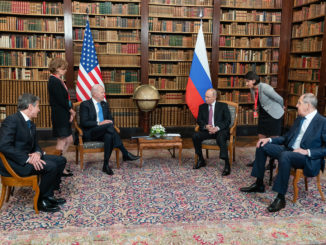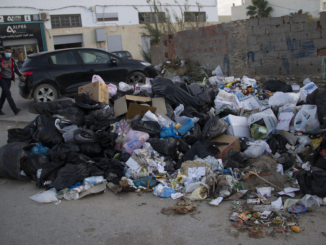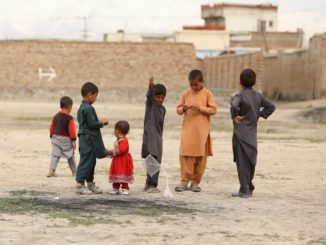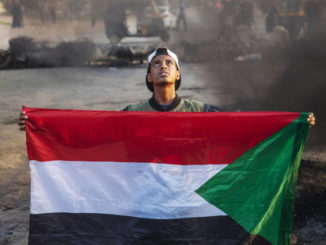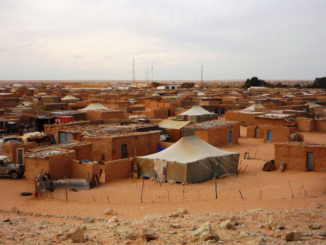
Morocco Drives a War in Western Sahara for Its Phosphates
Pressure from the United States is going to ensure that the only realistic outcome of negotiations is continued Moroccan control of Western Sahara. All parties involved in the conflict are readying for battle. Far from peace, the Abraham Accords are going to accelerate a return to war in this part of Africa, writes Vijay Prashad.

